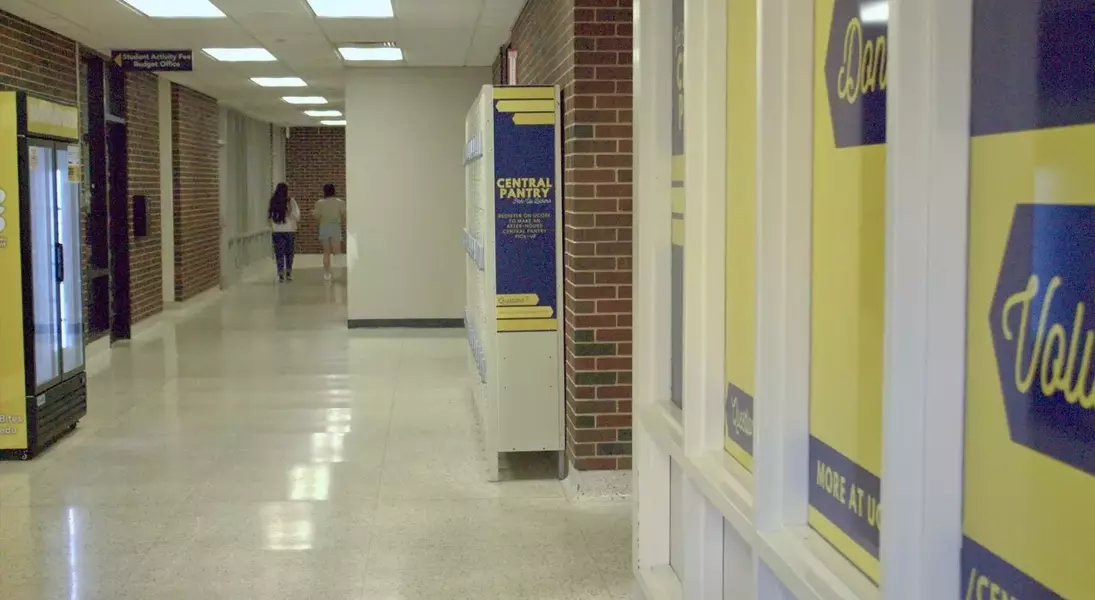
In the heart of Edmond, a quiet yet impactful initiative is addressing food insecurity among college students and employees. This article explores the vital role played by university-based food pantries, such as the Central Pantry at the University of Central Oklahoma (UCO), which has been providing free groceries since 2012. These programs aim to alleviate the stress faced by many students who struggle to balance academic responsibilities with basic needs like nutrition. By examining the challenges these pantries face, their community partnerships, and personal stories behind their creation, this report highlights the growing importance of addressing hunger on college campuses.
The Silent Struggle: How College Food Pantries are Changing Lives
In the bustling atmosphere of the UCO campus, tucked away within the student union, lies a small room that holds immense significance for hundreds of individuals. In a hallway lined with eager faces, students and staff patiently wait to access shelves stocked with essential non-perishable goods. Unlike traditional grocery stores, there are no price tags here—only an opportunity for those in need to take what they require at no cost. Since its inception in 2012, the Central Pantry has quietly transformed into a lifeline for countless members of the UCO community.
Despite misconceptions about financial stability among college attendees, data reveals a stark reality. According to the U.S. Government Accountability Office, approximately 3.8 million students experienced food insecurity in 2020. Austin Prickett, a spokesperson for the Oklahoma Regional Food Bank, notes that many students live paycheck-to-paycheck, often prioritizing tuition over meals. While some may skip entire meals, others endure low-level food insecurity, consuming insufficient nutrients to sustain a balanced diet.
Community support plays a crucial role in sustaining these efforts. Across Oklahoma, 19 college food pantries operate under the umbrella of the Regional Food Bank, benefiting from discounted food purchases and donor assignments. Nutritionists ensure pantry offerings meet health standards, with five pantries achieving Healthy Pantry Certification. Monique Bruner, president of Rose State College’s Campus Resource Center, shares her journey of establishing a pantry after learning of a student’s struggles with limited food stamps. Funding initially relied on private donations before expanding through student activity fees and grants.
Challenges persist, including maintaining inventory levels for high-demand items like peanut butter and meat products. Space constraints further complicate storage needs for perishables. Nicole Doherty, director of UCO’s Central Pantry, emphasizes the need for a more accommodating environment to enhance user comfort and accessibility.
From a journalist's perspective, the existence of college food pantries underscores both the resilience and vulnerability of today’s youth. It serves as a poignant reminder of systemic issues requiring attention and reform. As institutions continue to expand their reach, fostering partnerships and advocating for policy changes could significantly reduce barriers to education and well-being for future generations.
